The right to gather and protest injustice is one of a person’s most crucial, fundamental rights. Protesting is often the most powerful way to influence the state of the world around us. It can include simple and accessible options such as boycotting and rallies or more drastic measures such as rioting and revolutions.
The 21st century has seen many conflicts of varying scales and efficacy. Let’s examine the most impactful protests we’ve seen in the 21st century. (Also read about 18 famous U.S. veterans who became anti-war activists.)
India farmers’ protests
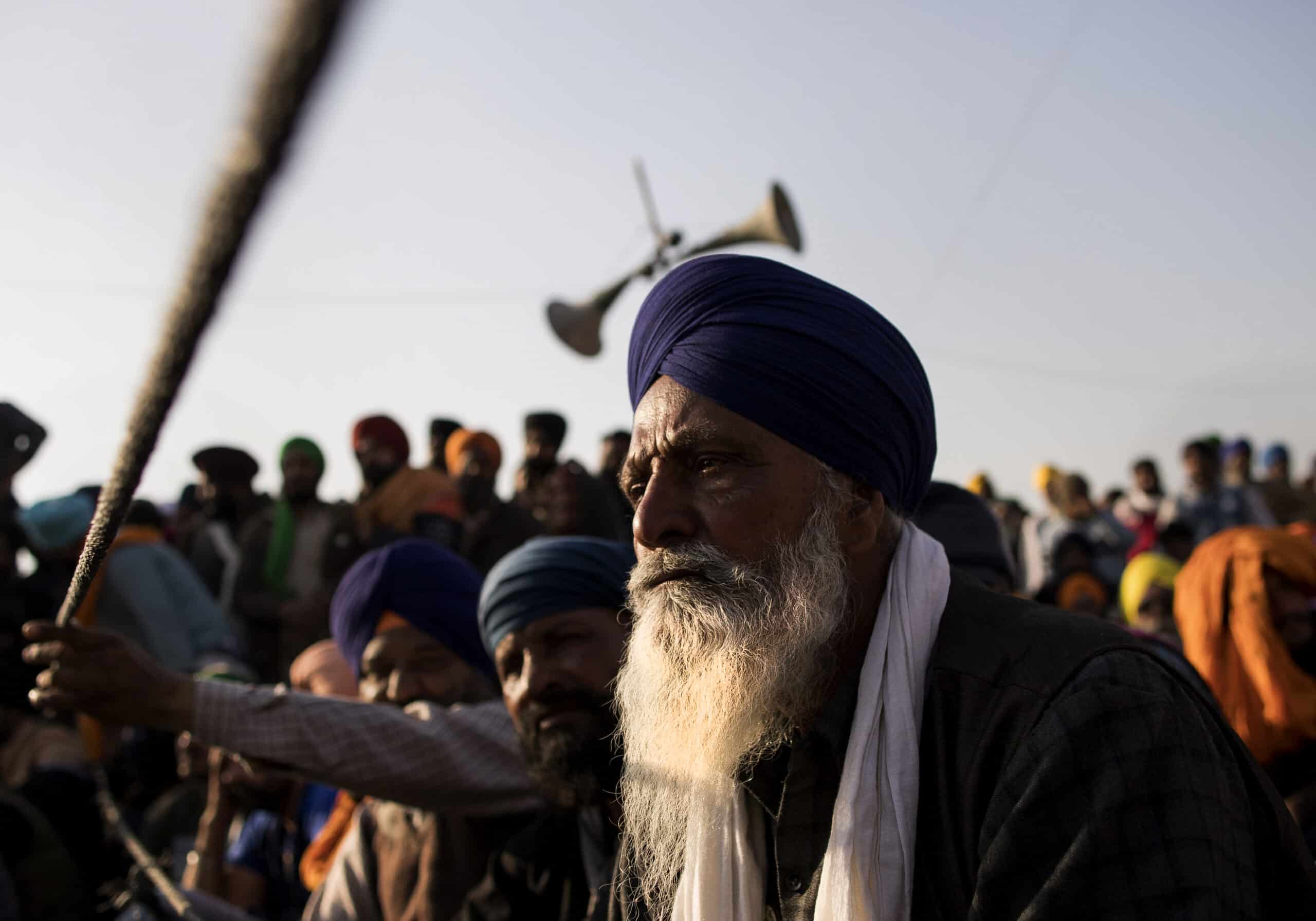
The largest protest of the 21st century so far was India’s farmers’ protests. The protests started in 2020 and continued sporadically for two years. They began as a demonstration following several bills introduced to deregulate the agriculture sector. The protest’s organizers called off the demonstrations when the government agreed to repeal the bill in question and discuss the farmers’ other demands. However, the protests have begun again as the government has made poor progress in enacting these plans.
Hong Kong autonomy protests
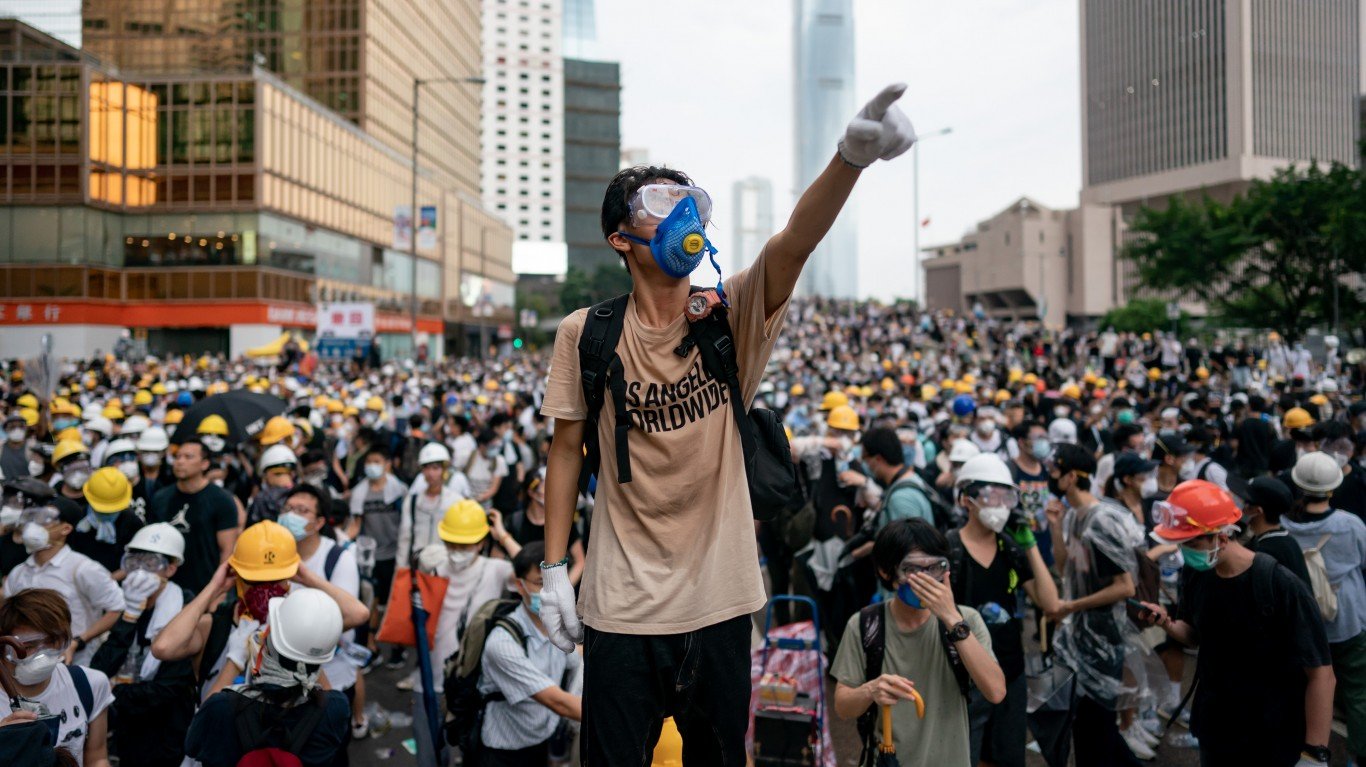
The Hong Kong autonomy protests in 2019 were all everyone could talk about when they were going on. When the Hong Kong government introduced several bills, including one that would allow the extradition of criminal suspects from Hong Kong to China and several that would limit freedom of expression, particularly in matters of Hong Kong’s secession from China, as well as subversion of the Chinese government and allowing Chinese law enforcement to operate in Hong Kong. The protests were heavily violent and ultimately resulted in the government scrapping the bill and holding elections instead of postponing them.
South Korea candlelight protests
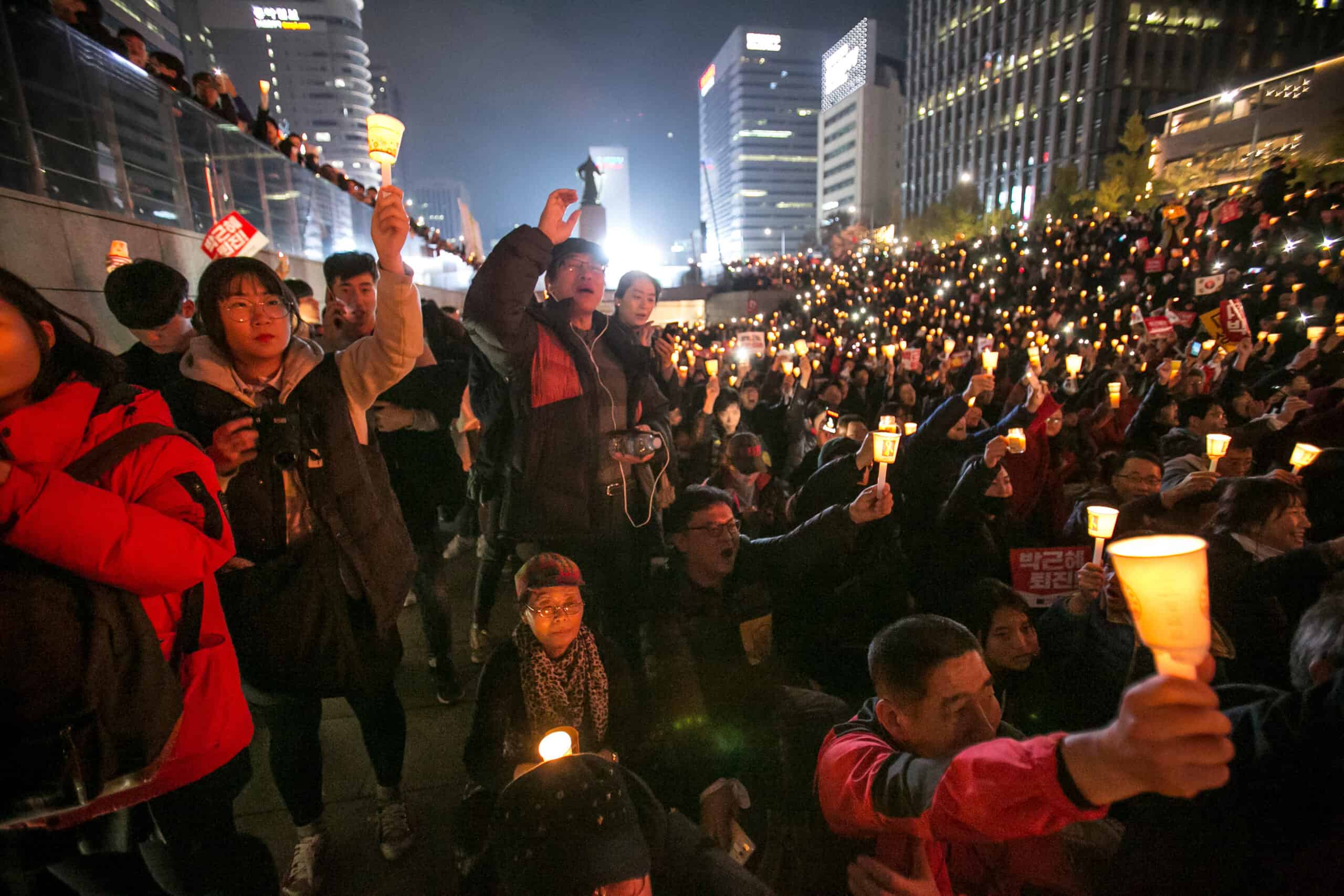
The South Korean candlelight demonstrations in 2016 followed the revelation that Soon-sil Choi, the confidant of then-President Geun-hye Park, had exercised corrupt influence in the presidential election. She had encouraged businesses to donate to her foundations in exchange for political favors, accessed classified documents without authorization, and had a role in selecting presidential aides. One and a half million South Koreans participated in a five-month candlelight demonstration that resulted in Park’s impeachment.
United States police brutality protests
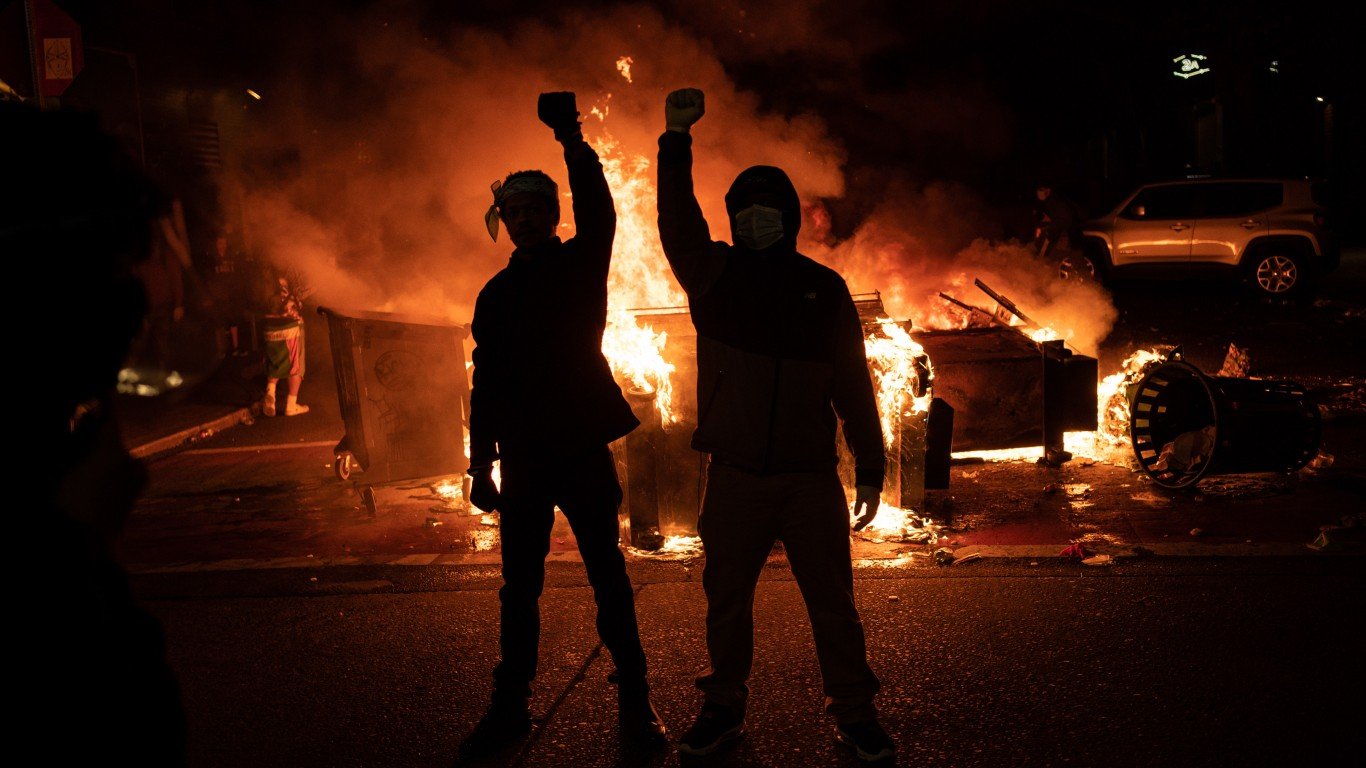
Following the killing by police officers of George Floyd and Breonna Taylor, the United States was thrown into a period of severe civil unrest as mass demonstrations and rioting swept the nation. Solidarity protests for the Black Lives Matter movement occurred in over 60 countries. After the demonstrations, several municipalities reduced funding for police forces, and some of the officers involved in the deaths of Taylor and Floyd were arrested, charged, and sentenced.
Algeria ‘Le Pouvoir’ (‘The Power’) protests
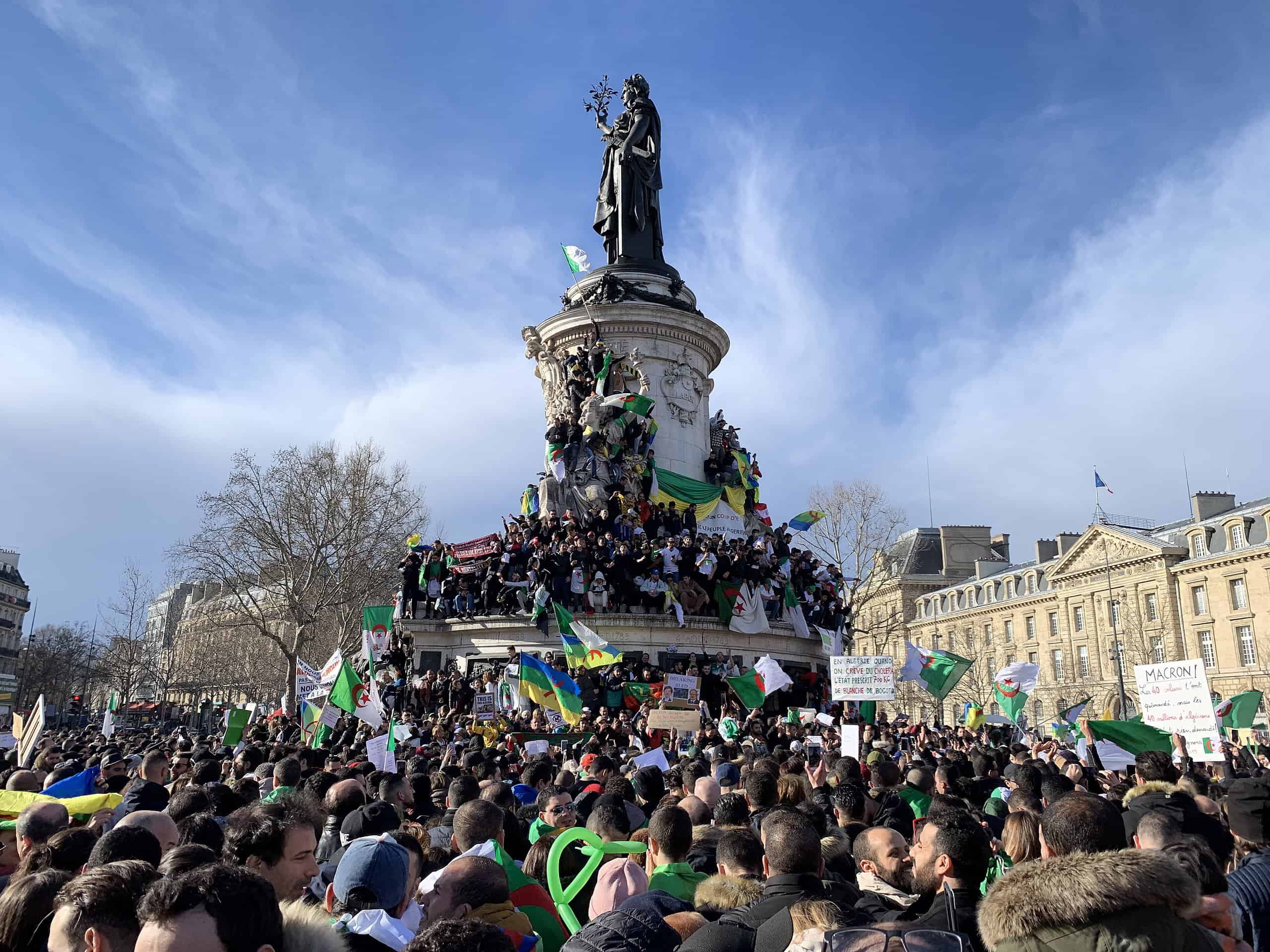
When Algeria’s then-President Abdelaziz Bouteflika decided to seek a fifth presidential term in 2019, oppositional parties and the general public revolted. Motivated by the economic downturn, political corruption and nepotism, and the installation of political and military elites in the government, the public pressured the then-president into resigning. However, military and business elites retained power in subsequent elections.
Chile subway fare protests
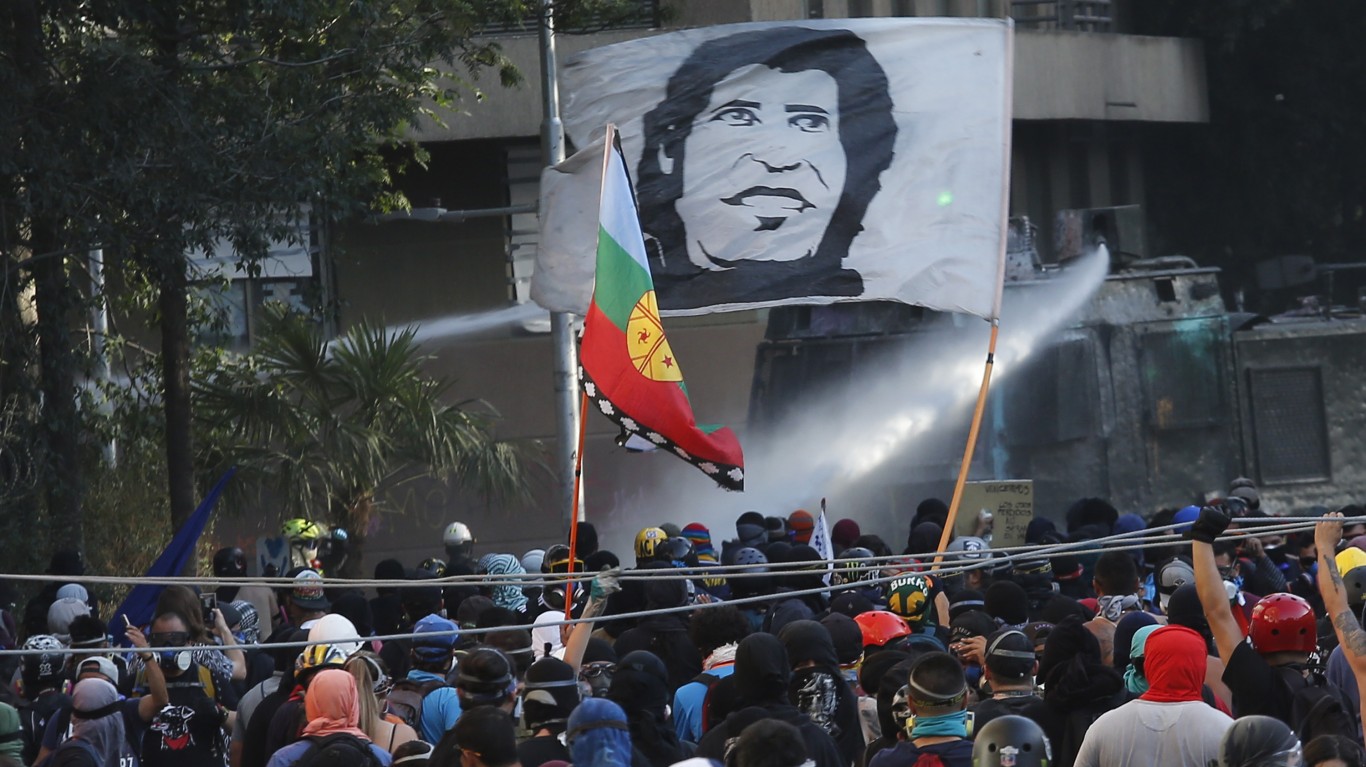
While it may seem like a minor issue, the increase in subway fares in Chile resulted in one of the biggest protests of the 21st century so far. More than 1 million Chileans participated in protest demonstrations following a 2019 initiative to raise the Metro prices. Concerns about economic inequality, poor subway service, low wages, and general discontent with the Chilean government pushed people to revolt against their legislators. Ultimately, the changes to subway fares were reversed, and it spawned a referendum to rewrite the Chilean constitution.
Poland ‘March of a Million Hearts’ protests
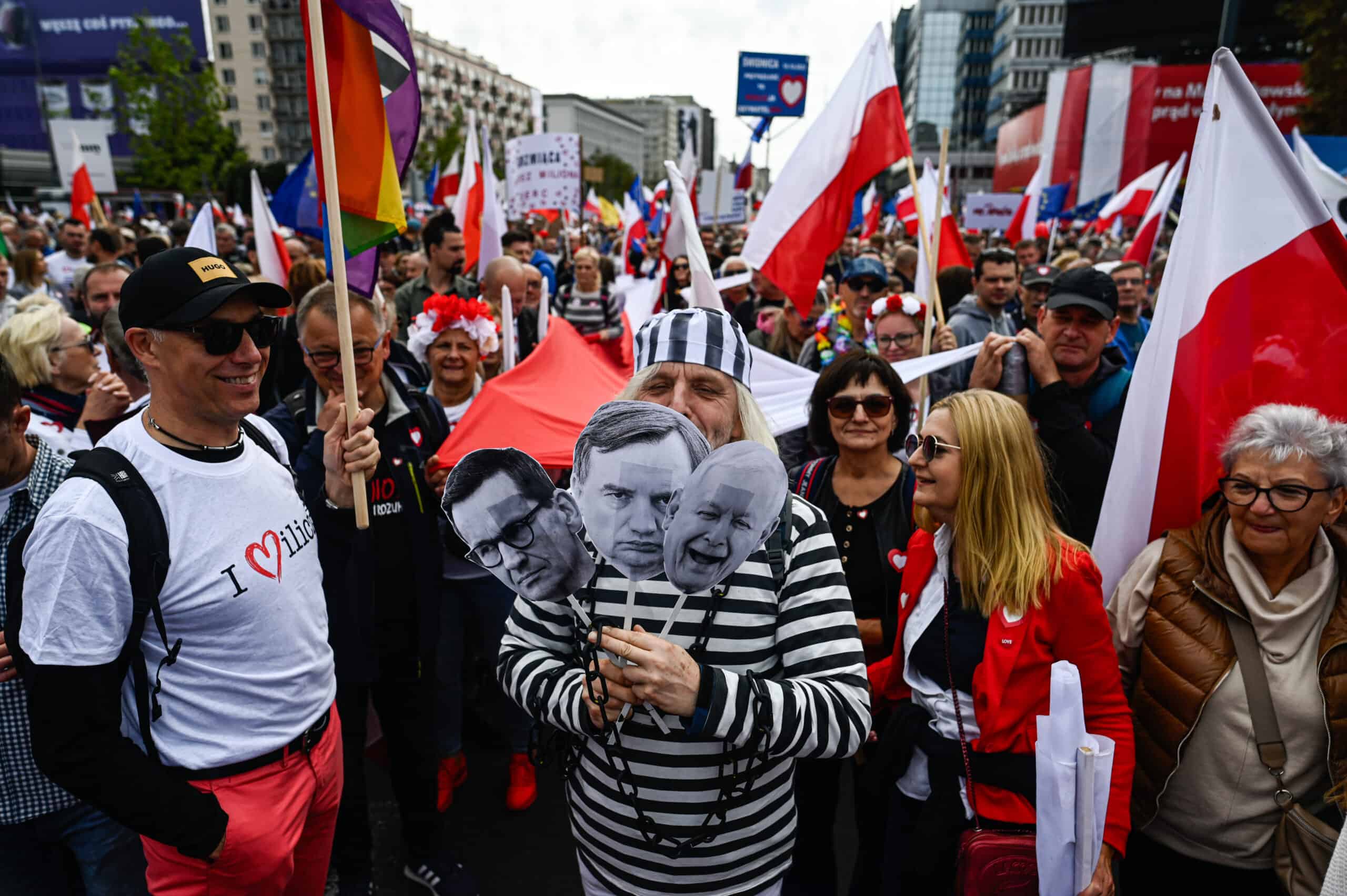
Former Prime Minister Donald Tusk organized the March of a Million Hearts to raise voter support for the upcoming 2023 Polish elections. The goal was to mobilize voters to defeat the Law and Justice Party (PiS) at the polls. The PiS ultimately lost its legislative majority in the Sejm. However, PiS-aligned President Andrzej Duda is allowing the party to attempt to form its own government. Experts believe this attempt at creating an independent government entity will not succeed.
France pension reform protests
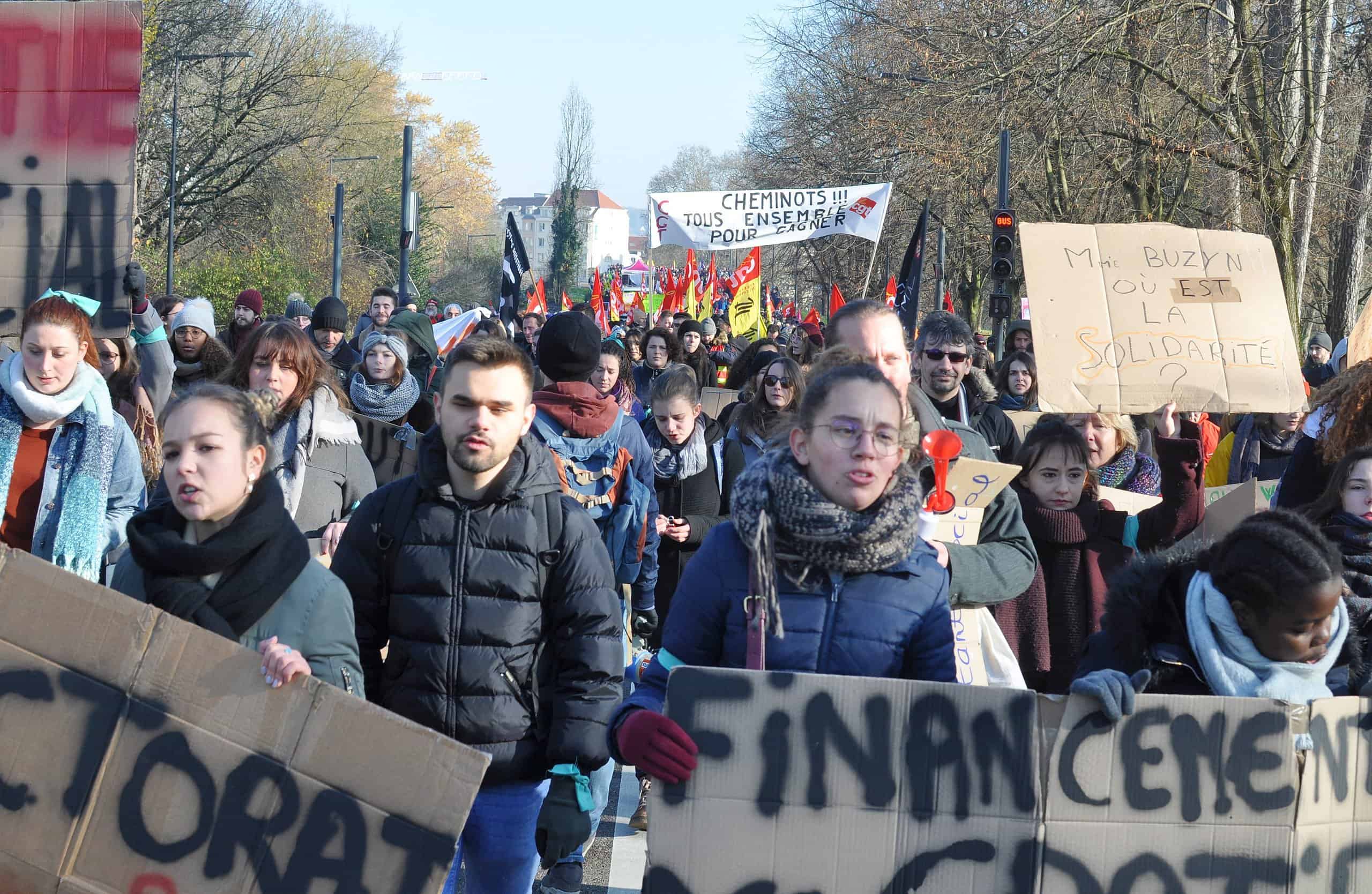
In 2019, the French government attempted to raise the retirement age in France, barring people from accessing their pensions for a more extended period. The French working class revolted with backing from French unions. The demonstrations lasted four months, and ultimately, the government rolled back its plan to raise the retirement age. However, they maintained a platform of other pension-related reforms, such as reducing pension categories and redistributing benefits toward those with lower incomes.
India reservations protests
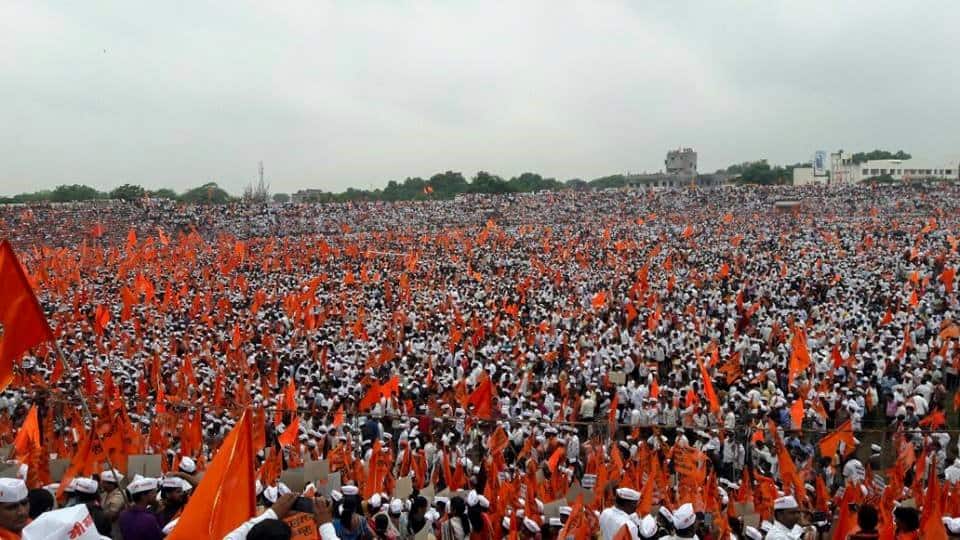
The economic downturn in India heavily impacted rural communities. Unemployment rates soared, and people began to view reservations as critical for opening economic opportunities to impoverished communities. Members of the Maratha community, young people, and senior citizens began to protest in 2016 for fairer treatment in economic growth opportunities, such as university placements and government jobs. The demonstrations resulted in Marthas receiving a 16% share of reserved slots for university placements and government jobs. This share was lowered to 12% for universities and 13% for government jobs in 2019.
Romania corruption protests
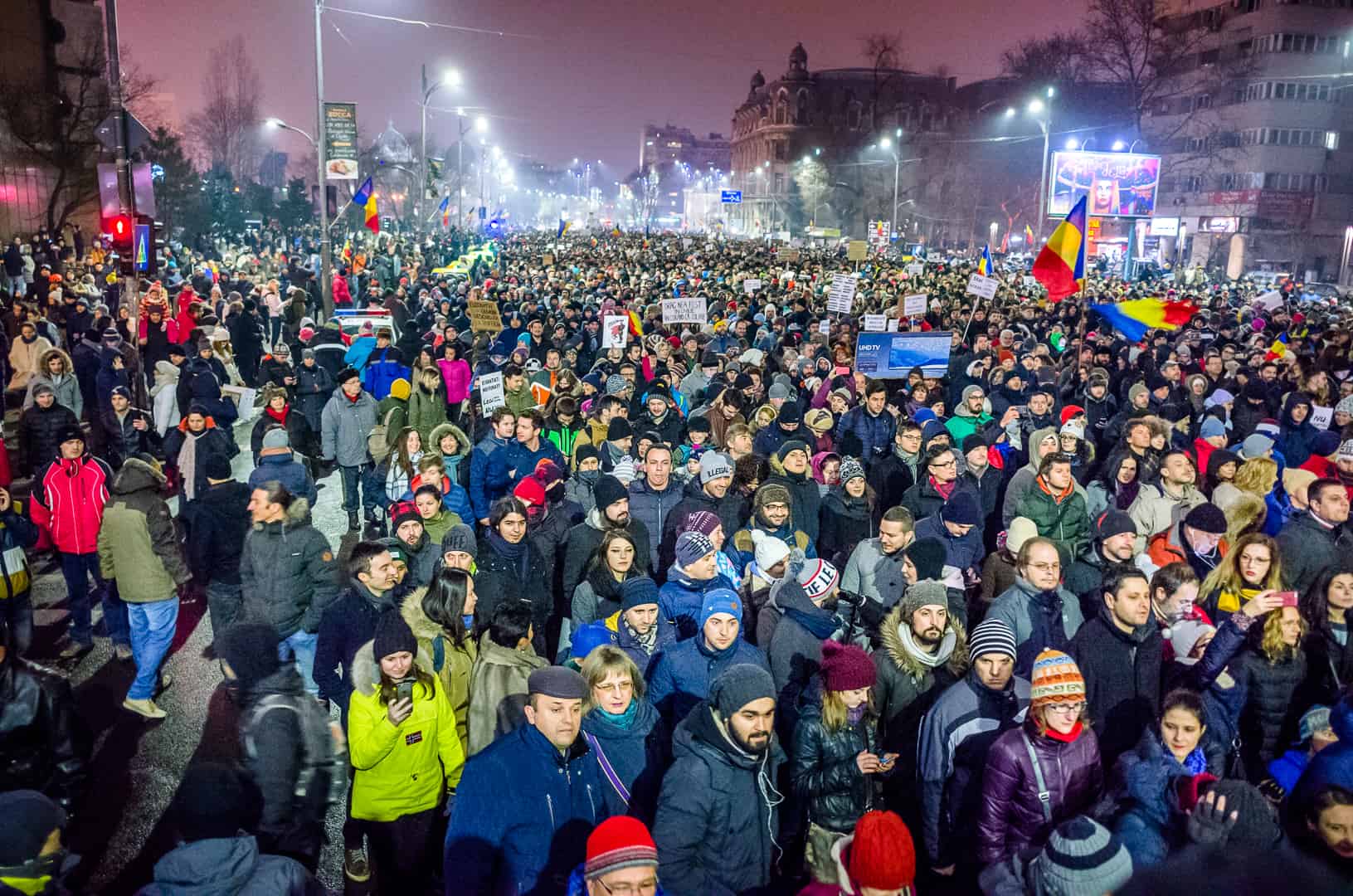
In 2017, the Romanian government attempted to decriminalize corruption-related offenses, obstruct corruption investigations, and limit judicial independence, sparking two years of sporadic protesting. The participants in the protests varied from place to place. Ultimately, the government reversed some (but not all) of the decrees that sparked the demonstrations. (For more, here’s a look at the women’s marches that shaped America.)
